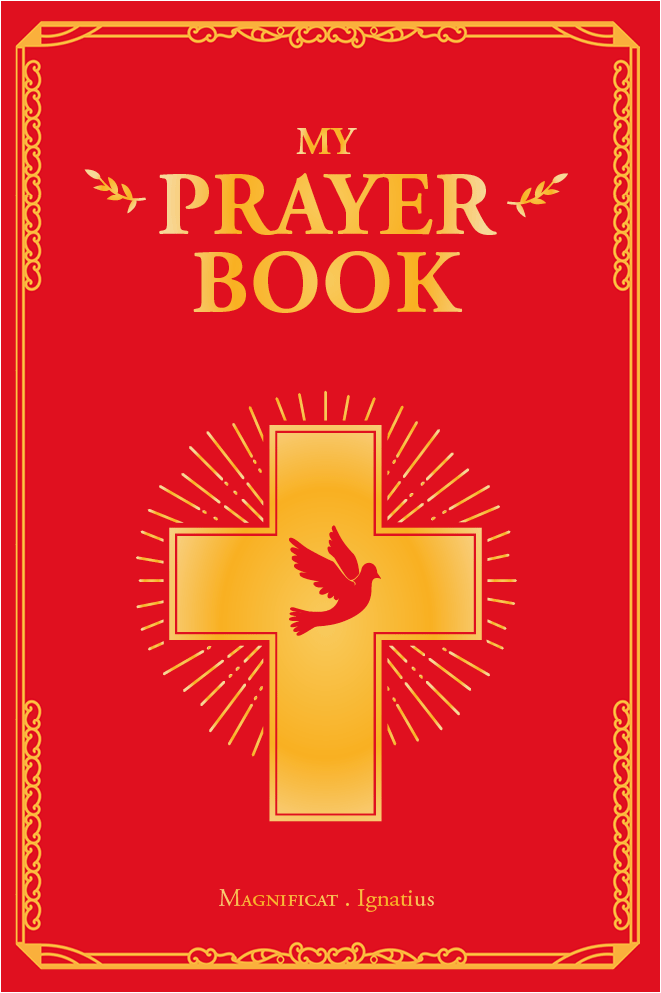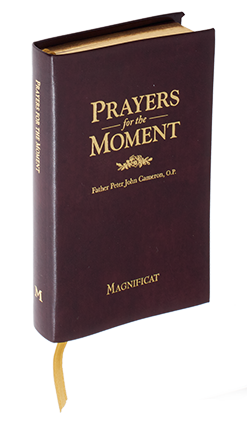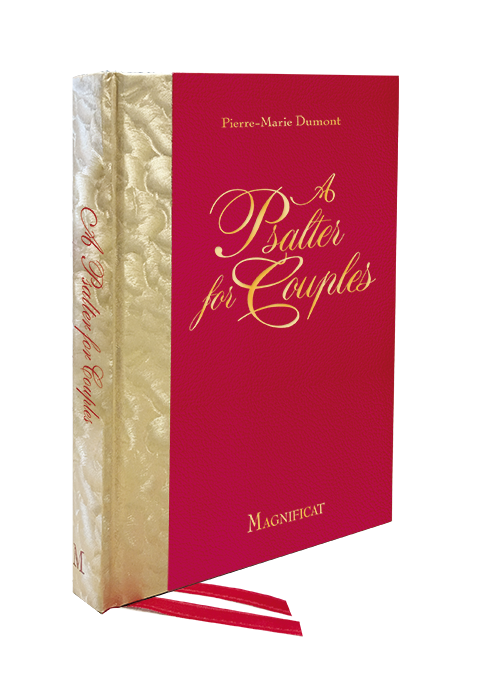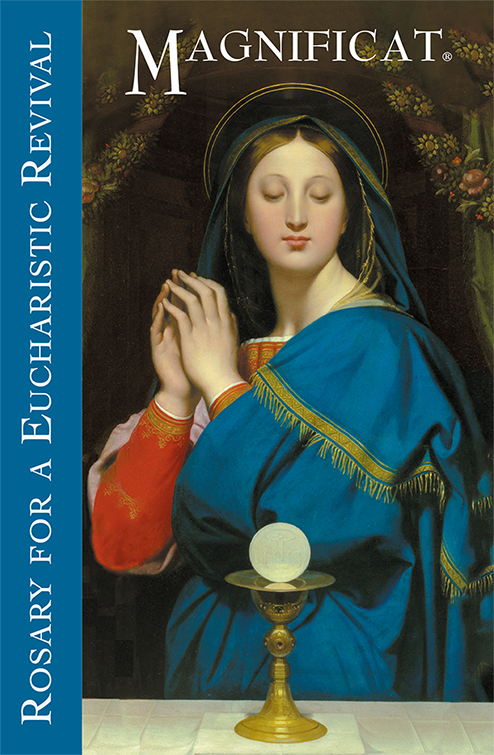Through the ages the Church has called the sacrament of Penance by various names. These days one often hears it called “Reconciliation.” The Catechism of the Catholic Church entitles Article 4 “Penance and Reconciliation.” We used to always call it “Confession.” Each title names part of the sacrament.
While I find it humbling to confess my sins, I love this sacrament. After Baptism, which gave me entry to the life of Christ in the Church, and after the Holy Eucharist which sustains my life in the Church, the sacrament of Penance and Reconciliation is a spiritual lifeline. I can’t imagine being a good bishop without the grace of this sacrament. I see my spiritual director-confessor every two weeks because I need the grace for my continued spiritual growth. I also believe a priest cannot be a good confessor if he is not a good penitent.
The fact of sin and the sense of sin
Our mission as Church is to live and proclaim Our Lord Jesus Christ and His Gospel. As we proclaim redemption we preach penance and reconciliation. When we preach penance and reconciliation we must preach the fact of sin. Yet we do so carefully, for people may sin out of malice or out of weakness. There is a large difference between malice and weakness, but this does not explain sin away. Because of our human limitations we sin.
When we lose the sense of sin, we lose our sense of God and we become victims of the power of dark secrets in our hearts, which are the enemy of truth and peace and freedom. Deep down we know that we are weak and sinful. The sacrament of Penance is the pathway out of the slavery of dark secrets.
The Church’s mediation
From the very beginning of the Church, even in the rigorous days when absolution and reconciliation could be received only once in a lifetime after baptism, and in all the forms of this sacrament as it evolved through the ages, some form of acknowledgment of guilt before a representative of Christ was required. Originally the bishop, successor to the apostles, was the “minister” of penance, absolution and reconciliation. Eventually priests were delegated to assist the bishop.
Saint Augustine described the Church’s mediation in terms of the Gospel story of the raising of Lazarus from the dead. Jesus called Lazarus back to life from the tomb, but he asked his disciples to free Lazarus from the burial cloth binding his body. Christ forgives sin, while the Church is the agent for removing the bindings of sin.
“I wish to heal, not accuse,” Saint Augustine said, referring to the exercise of the pastoral ministry regarding Penance. In his apostolic exhortation Reconciliation and Penance Pope John Paul II wrote: “According to the most ancient traditional idea, the Sacrament is a kind of ‘judicial action;’ but this takes place before a tribunal of mercy rather than of strict and rigorous justice….” He says that this “tribunal of mercy” is like human tribunals only by analogy. It is like a human tribunal “insofar as sinners reveal their sins and commit themselves to renouncing and combating sin; accept the punishment (sacramental penance) which the confessor imposes on them and receive absolution from him” (30).
Assurance of mercy
The confessor is an agent of mercy, and convincingly so, because of his awareness of his own sin. I have been confessing my sins frequently for forty-five years and my experience is still like that of a kid who wrote to me: “I am in the second grade. I’ve been to reconciliation. I’m not scared to go. Also I think everyone came out of reconciliation smiling.” I cleaned up his spelling, but the words are his. We “come out smiling” because we have the assurance of God’s mercy and the embrace of the Church from a spokesperson for Christ and the Church. Frequent confession to a minister of mercy keeps us on the pathway to peace.
©Magnificat April 2001










